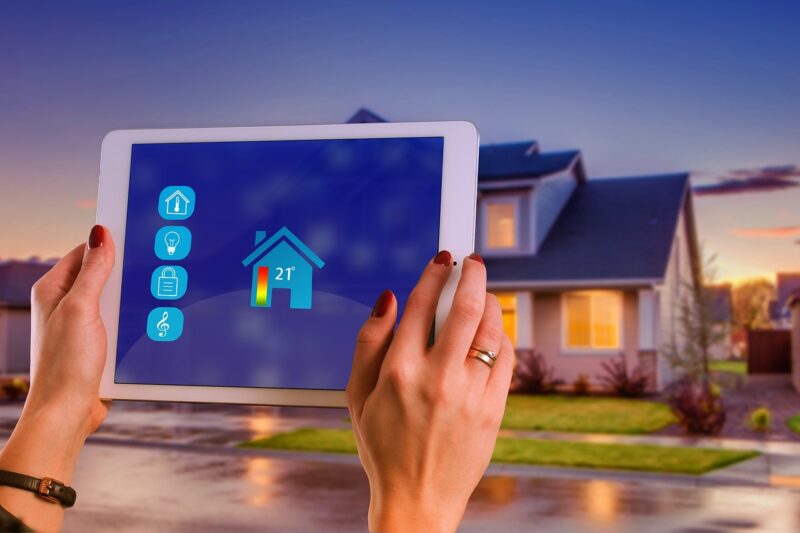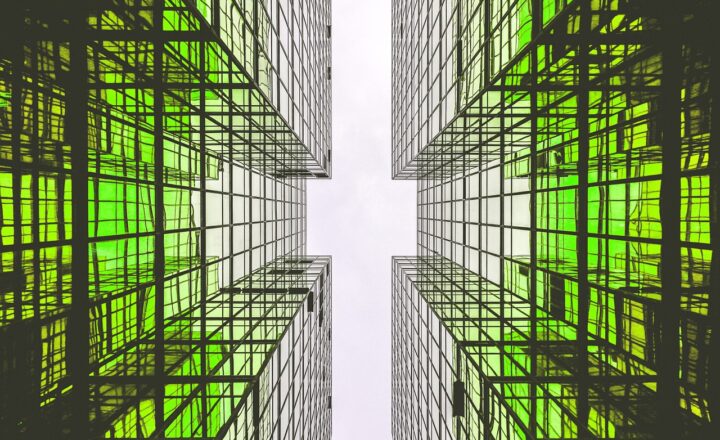The Role of AI in Shaping the Future of Smart Cities and Urban Planning
November 16, 2024

The advent of Artificial Intelligence (AI) has revolutionized numerous sectors, and urban planning is no exception. As cities around the globe continue to grow at unprecedented rates, the application of AI in urban planning and the creation of smart cities presents a myriad of opportunities for enhanced efficiency, sustainability, and improved quality of life for residents. In this comprehensive article, we will explore how AI is being implemented in urban planning, its implications for future cities, and the challenges and opportunities that arise along the way.
1. Understanding Smart Cities and Urban Planning
A smart city is defined as an urban area that uses different types of Electronic Internet of Things (IoT) sensors to collect data and then uses that data to manage assets and resources efficiently. This encompasses everything from transportation and public safety to infrastructure and energy management. Urban planning, on the other hand, refers to the technical and political process of development and design in urban spaces, which includes land use planning and the establishment of municipal policies.
Incorporating AI into urban planning can enhance these processes by providing advanced data analytics, predictive modeling, and automation capabilities that can revolutionize how cities are designed and managed.
2. AI-Powered Data Collection and Analysis
AI technologies enable cities to harness vast amounts of data from multiple sources, including traffic patterns, public transportation, weather forecasts, and social media. Machine learning algorithms can analyze this data to uncover insights that would be impossible to discern through traditional methods.
Some practical applications of AI in data collection and analysis include:
- Traffic Management: AI can analyze traffic flow in real-time, allowing planners to optimize traffic signals, reduce congestion, and improve public transportation schedules accordingly.
- Resource Allocation: AI can assist city officials in predicting resource needs, ensuring that services such as waste management, utilities, and emergency response are efficiently deployed where needed most.
- Public Health Predictions: By analyzing health data and urban environment factors, AI can identify patterns that lead to health-related issues, allowing planners to proactively design healthier urban spaces.
Through these capabilities, AI not only improves city management but also enhances the effectiveness of urban planning efforts.
3. AI in Infrastructure Development
Infrastructure development is critical for modern urban planning and can be significantly improved through AI technologies. Here’s how:
- Predictive Maintenance: AI engines can analyze data from sensors embedded in infrastructure such as bridges and roads to predict when maintenance is required, thus avoiding costly repairs and ensuring safety.
- Construction Planning and Management: AI can optimize project schedules, manage resources, and streamline communications among stakeholders in real-time to reduce delays and cost overruns in infrastructure projects.
- Resilience and Sustainability: AI can help simulate various environmental scenarios to design infrastructure that is resilient to climate change and sustainable over the long term.
These advancements lead to more sustainable urban environments and significantly impact public safety and quality of life.
4. Enhancing Public Engagement with AI
AI is not only a tool for city management but also a resource for engaging citizens in the urban planning process. Modern cities increasingly prioritize citizen participation, and AI can facilitate this in several ways:
- Interactive Platforms: Cities can employ AI-driven chatbots and virtual assistants to provide information and answer questions from residents regarding urban development projects and initiatives, improving communication and transparency.
- Sentiment Analysis: By analyzing feedback collected from social media and other platforms, AI can help city planners gauge public sentiment about proposed projects, ensuring that future developments align with community needs.
- Crowdsourcing Ideas: AI tools can help aggregate and evaluate community suggestions for urban improvements, empowering residents to have a voice in the planning process.
By incorporating AI into public engagement strategies, urban planners can create more inclusive cities that reflect the desires and needs of their residents.
5. Addressing Challenges in Implementing AI in Urban Planning
Despite its benefits, integrating AI into urban planning also presents several challenges:
- Data Privacy and Security: Collecting vast amounts of data raises concerns about privacy and the ethical use of information. Urban planners must develop frameworks to protect citizen data while utilizing AI effectively.
- Equity and Accessibility: There’s a risk that AI solutions could exacerbate existing inequalities if not implemented thoughtfully, potentially leaving underrepresented communities without sufficient resources or attention.
- Technological Limitations: Municipalities may face challenges related to outdated infrastructure or limited technical expertise when attempting to adopt advanced AI technologies.
To combat these challenges, collaboration between city officials, technologists, and communities is essential to formulate responsible AI strategies that promote equitable outcomes.
6. The Future of AI in Urban Planning
As cities continue to evolve, the role of AI in urban planning is likely to expand. We can expect to see:
- Greater Integration of IoT: The combination of AI and IoT technologies will provide city officials with more comprehensive datasets for making informed decisions that can optimize urban environments further.
- Advanced Predictive Analytics: AI will become better at predicting urban growth trends, enabling planners to anticipate and address challenges before they arise effectively.
- Human-Centric Design Approaches: AI will facilitate more participatory planning processes, allowing urban planners to create solutions that cater to individual and community needs.
As these technologies continue to develop, the future of urban environments looks promising, marked by sustainable, efficient, and intelligent planning practices that prioritize quality of life.
Conclusion
The integration of AI into urban planning represents a transformative leap toward building smarter, more efficient cities that prioritize sustainability and citizen engagement. While challenges such as data privacy and equity exist, the potential for AI to revolutionize urban planning processes is immense. By leveraging AI technologies, cities can not only enhance the efficiency of urban systems but also foster a more inclusive and participatory environment.
As we move forward into a more urbanized world, embracing AI’s capabilities in shaping the future of smart cities and urban planning will be paramount. The cities of tomorrow will be defined by their ability to adapt, innovate, and engage with the people they serve, fundamentally reshaping our experiences of urban life.






